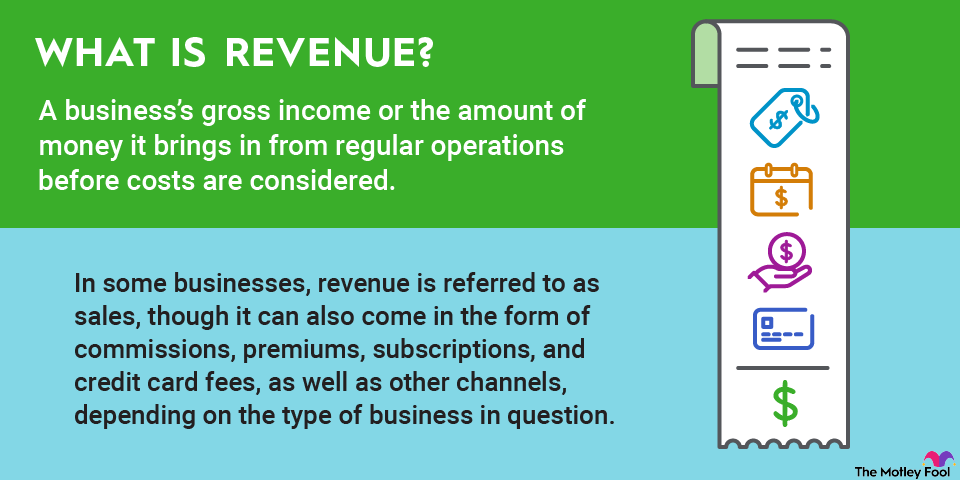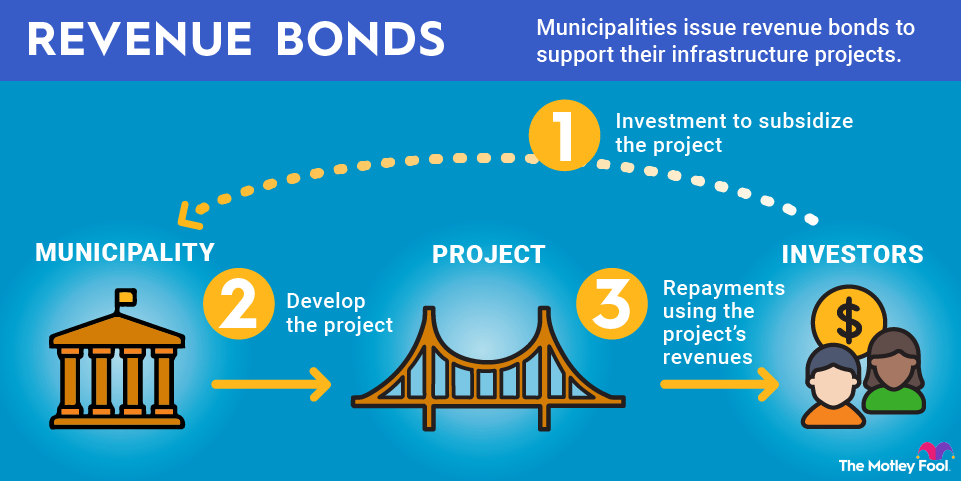One option for accessing your retirement funds early is taking equal periodic payments using Rule 72(t). Rule 72(t) payments aren't subject to the usual 10% early withdrawal penalties, but there are quite a few downsides you should consider. In this article, we'll cover the basics of Rule 72(t), the pros and cons, and why you should proceed with caution before using this strategy.

What is Rule 72(t)?
Rule 72(t) refers to a section of the Internal Revenue Code that provides an exception to the typical 10% early withdrawal penalty that typically applies to distributions from retirement accounts before age 59 1/2. Under Rule 72(t), you can avoid the penalty on early withdrawals from your 401(k), individual retirement account (IRA), and other retirement accounts. Specifically, Rule 72(t) says a 10% additional tax won't apply to distributions that are "part of a series of substantially equal periodic payments."
The IRS has strict rules of substantially equal periodic payments (SEPPs):
- You'll need to take them on at least an annual basis.
- You can't change the amount for at least five years or until you reach age 59 1/2 -- whichever is longer.
- You must pay applicable income taxes on your withdrawals.
- The payments must be based on your life expectancy at the time of the distribution.
Of the rules listed above, the second one is the most concerning. Essentially, if you take SEPPs under Rule 72(t), you can't undo your decision without paying a penalty until you reach retirement age. In other words, if you took SEPPs at age 50, you'd need to continue them until age 59 1/2. Or if you took them at age 58, you're required to keep taking them until you're 63. Due to the lack of flexibility, it's typically best to consider the alternatives before employing a Rule 72(t) strategy.
How are substantially equal periodic payments calculated?
You can choose from the following three methods to calculate substantially equal periodic payments:
- Required minimum distribution (RMD) method: One option is to take required minimum distributions (RMDs), which normally wouldn't apply until you reach age 73 (or never if you have a Roth account). You'll calculate your RMD by dividing your account balance by your remaining life expectancy, as calculated based on IRS life expectancy tables. This approach typically results in the smallest annual distributions.
- Amortization method: With this method, you'll amortize your payments over a predetermined number of years using your beginning retirement account balance, life expectancy, and an interest rate approved by the IRS. This approach usually results in the largest annual distributions.
- Fixed annuity method: Under this approach, you'd use an IRS-provided annuity factor and interest rate to calculate your monthly payments.
Note that calculating substantially equal periodic payments is complex. If you're considering using Rule 72(t) to tap your retirement funds early, it's essential to consult with a financial professional.
Alternatives to Rule 72(t)
Alternatives to Rule 72(t)
There's always a risk when you withdraw money early from a retirement account. Your money gets less time in the market to grow, and you have to stretch that money over a longer timeframe. But Rule 72(t) presents additional risk because the rules are so inflexible. Before you withdraw retirement money under Rule 72(t), consider these alternatives:
- Rule of 55: If you've separated from your employer, you can usually take penalty-free withdrawals from their retirement plan. If you're a public safety worker, this option will often apply at age 50.
- Withdraw your Roth IRA contributions: Because a Roth IRA is funded with post-tax dollars, you can withdraw your contributions at any time without owing taxes or a penalty.
- 401(k) hardship withdrawal: It's tough to avoid the 10% early penalty when you take a 401(k) hardship withdrawal. If you need money, though, paying the penalty may be better over the long term than locking yourself into mandatory withdrawals from your retirement account.
Related investing topics
Example of a Rule 72(t) calculation
Suppose you decide to tap your 401(k) money at age 51 using Rule 72(t). You have a $500,000 balance and choose the RMD method. You'd calculate your substantially equal periodic payments using the following steps:
- Calculate your life expectancy: To do this, you'd use IRS uniform life expectancy tables to determine your life expectancy. For someone 51, the IRS estimates a life expectancy of 35.3 years.
- Divide the number of years by your account balance. Since your balance is $500,000, you'd divide that balance by 35.3. That gives you your substantially equal periodic payment of $14,164.
Remember that substantially equal periodic payments must continue until you're 59 1/2 or for five years -- whichever is longer. So those $14,164 distributions would need to continue until age 59 1/2, even if your financial situation changed.



















